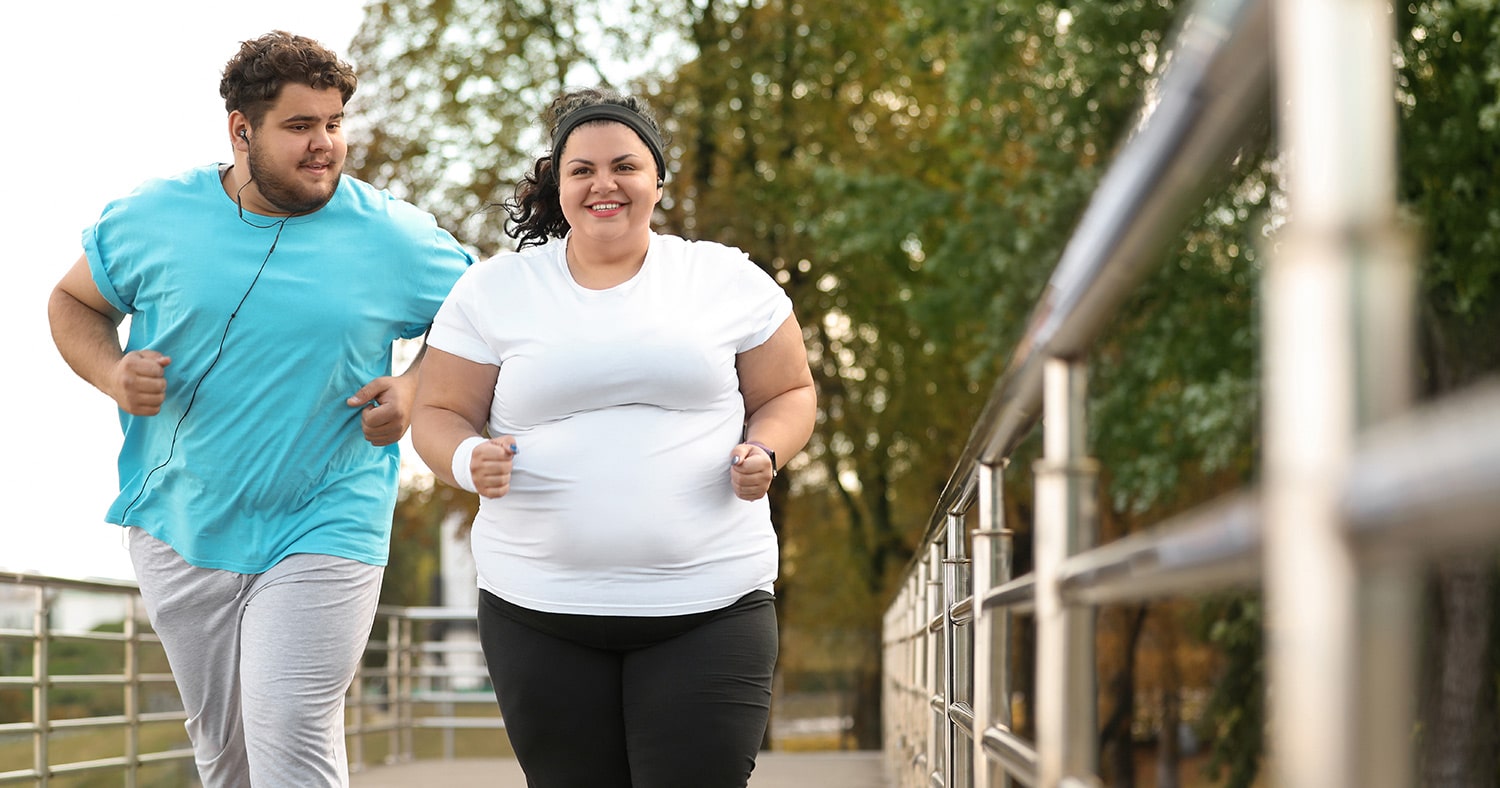New ‘California Variant’ of COVID-19 found in Arizona samples
/by District Medical GroupDr.Ross Goldberg Speaks with ABC 15.
7 Tips to Help You Prevent Cancer
/by District Medical GroupBy Richard Fowler, MD, internal medicine physician

Contents:
Did you know that you make choices every day that impact your risk of cancer? Research shows that approximately 50 percent of cancer cases are preventable with knowledge and early detection being key.
February is Cancer Prevention Month, and below are seven tips to help you decrease your risk of cancer.
Don’t use tobacco products and/or subject yourself to secondhand smoke.
While smoking is most associated with lung cancer, bladder, breast, cervical, colorectal, esophageal, mouth and throat cancers have also been linked to tobacco use.
Protect your skin from the sun.
Did you know that in Arizona 85-90 percent of the 365 days in the year are sunny? While our attractive climate makes enjoying the great outdoors inviting, the risk of skin cancer, including melanoma, is greater. Skin cancer is not only the most common form of cancer in the United States, but it’s also one of the most preventable. Be certain to protect your skin from the sun’s ultraviolet radiation using a sunscreen of 30 SPF or higher and reapply every two hours.
Eat (and drink) healthy.
A balanced diet that includes plenty of beans, fruits, vegetables, and whole grains and limits red meat is recommended to improve your overall health and decrease the risk of cancer as well as other conditions such as cardiovascular disease. In addition, delete processed meats from your diet, and limit alcohol consumption to no more than two drinks daily if you are a man, and one for a woman. Alcohol consumption increases your risk of breast, colorectal and liver cancers.
Maintain physical activity and a healthy weight.
Exercise has numerous health benefits, including decreasing stress, increasing energy and positive attitude, supporting a healthy weight, and strengthening the immune system. Did you know a minimum of 30 minutes of physical activity daily can also decrease your risk of cancer? Lack of exercise and obesity have been linked to breast and colorectal cancers, and some evidence has revealed a connection to lung and pancreatic cancers.
Practice safe sex.
High-risk strains of the human papillomavirus (HPV), which is spread through skin-to-skin contact during anal, oral, and vaginal sex, have increasingly been found to cause many types of cancer, including liver cancer. Use protection during sex, know your partner’s sexual history, and limit your number of partners.
Get the HPV and hepatitis vaccinations.
Certain viruses have been linked to cancer but can be prevented through vaccinations. For example, approximately one-third of liver cancers are connected to hepatitis B (HBV) and hepatitis C (HCV) viruses. Vaccinations are available and recommended for certain age and/or risk groups; speak with your primary care provider (PCP) to determine if vaccinations are appropriate based on your age, risks, and other factors.
Get regular cancer screenings and annual exams.
If you do not have a PCP, find one and not only schedule an annual exam but share your complete medical history as well as that of your family. Your PCP will partner with you to assess your risk of cancer and other diseases, schedule appropriate screenings such as a mammogram, PAP smear, and/or colonoscopy, and design a health and wellness plan that is right for you.
To find a District Medical Group PCP near you, click here.
Which arm is best for COVID-19 vaccine shot?
/by District Medical GroupDr.Ross Goldberg Speaks with ABC 15.
COVID-19 Pandemic and Your Heart Health
/by District Medical GroupBy Ivan Filner, DO, family medicine physician

Contents:
Whether you have had COVID-19 or not, the pandemic may have impacted your heart health or that of a loved one. February is American Heart Month, and a great time for all of us to learn more about heart disease and factors that increase our risks, some of which were exacerbated by the pandemic.
Did you know that according to the American Heart Association, heart disease is:
- The number one killer of Americans?
- Diagnosed in about one of three women annually?
- Increased 171 percent worldwide in the past decade?
- Preventable in most cases?
Indirect Impacts of COVID-19
Studies by the American College of Cardiology have highlighted the indirect impacts of the COVID-19 pandemic on the heart health of people of all ages.
Delay in seeking care due to fear of contracting COVID-19
While the best way to avoid getting COVID-19 is to stay home, some people with symptoms of stroke or heart attack are not seeking or are delaying getting medical care, resulting in increased heart-related mortalities. In addition, annual wellness exams and/or regular check-ups have been by patients to mitigate the risk of contracting the coronavirus.
Weight gain, aka “quarantine 15”
With many services, like gyms, closed and people encouraged to stay home, eating increased and activity decreased for many of us resulting in the addition of “pandemic pounds.” An increase in body fat is directly related to cardiovascular disease.
Decline in mental and/or emotional health
A Kaiser Family Foundation (KFF) poll found that 53 percent of adults in the United States reported their mental health had been negatively impacted by the pandemic due to increased worry and stress. In discussing the “head-heart connection” with the American Heart Association, Nieca Goldberg, MD, medical director for the Joan H. Tisch Center for Women’s Health at New York University’s Langone Medical Center, shared, “Stress can increase hormones like adrenaline and cortisol, and can impact your blood pressure and heart rate.”
Increase in alcohol and/or substance abuse
Of those responding to the KFF poll, 12 percent reported increased alcohol consumption and/or substance use. Drinking more than three servings of alcohol per day leads to a level of toxic substances in the blood that directly increases the risk of heart attack. As well, according to the American Heart Association, “most illegal drugs can have adverse cardiovascular effects, ranging from abnormal heart rate to heart attacks.”
If you’ve been impacted by any of the above, schedule an appointment with A DMG primary care provider. Together, we can develop a care plan to get you back on the road to optimal health.
How Health Care Workers in Maricopa County Are Coping with COVID-19
/by District Medical GroupShare the Love, and Partner Up to Lose Weight
/by District Medical GroupBy Brett Willden, DO, family medicine physician

Contents:
Have you gained the “quarantine 15?” If you have, chances are your partner has put on some pandemic pounds as well. According to the National Institute of Health (NIH), an individual’s weight loss or weight gain is strongly affected by one’s romantic partner; in fact, having an obese spouse increases one’s own risk for obesity by 43 percent.
The good news is pursuing weight loss together will increase your chances of achieving your goals. A recent European Society of Cardiology study presentation found couples who hold each other accountable for healthy lifestyle changes had a better shot at shedding that quarantine 15 compared to control groups that tried affecting change on their own.
February is American Heart Month, and, of course, Valentine’s Day is February 14th. What better way to improve your heart health and show your love for each other than starting your weight loss journey together?
Here’s some tips for a successful weight loss partnership:
Recognize your differences.
Men and women gain and lose weight in different areas of the body as well as in different ways. For example, the way metabolism works is different in men and women; water retention impacting weight is also a primary difference between the sexes. Speak with your primary care provider (PCP) to understand your differences so you can each support and empathize with each other as well as have realistic expectations.
Plan meals together.
Decreasing calories does not have to mean going hungry or eating foods you don’t like. Plan your meals, shop for ingredients, and cook meals together to increase the enjoyment and benefits of your weight loss journey.
Get active together.
For some, “exercise” is a dreaded word. Plan ways to get active that you can do together, so the focus becomes on time together- something you like doing- instead of exercise. For example, take your dog for long walks together; sign up for dance lessons, karate, or another activity in which you are both interested together.
Hold each other accountable thoughtfully.
Be a cheerleader for your partner, not a cynic. Putting a person down, pestering or criticizing are not optimal ways to provide support and hold your partner accountable. Keeping a journal of what you eat and your activity levels is often recommended as part of a weight loss program; share your journals with each other, talk about what worked and what did not that day, and identify solutions together.
Communicate with each other.
As you begin your weight loss journey together, share with each other your concerns, vulnerabilities, etc. Talk about what causes you to overeat, so you can support each other along the way as those instigators show up. For example, “emotional eating” is common, and a stressful day can ignite a desire to eat more and/or choose “comfort” foods. Understanding these areas of vulnerability will help each of you be aware and support each other during those challenges.


